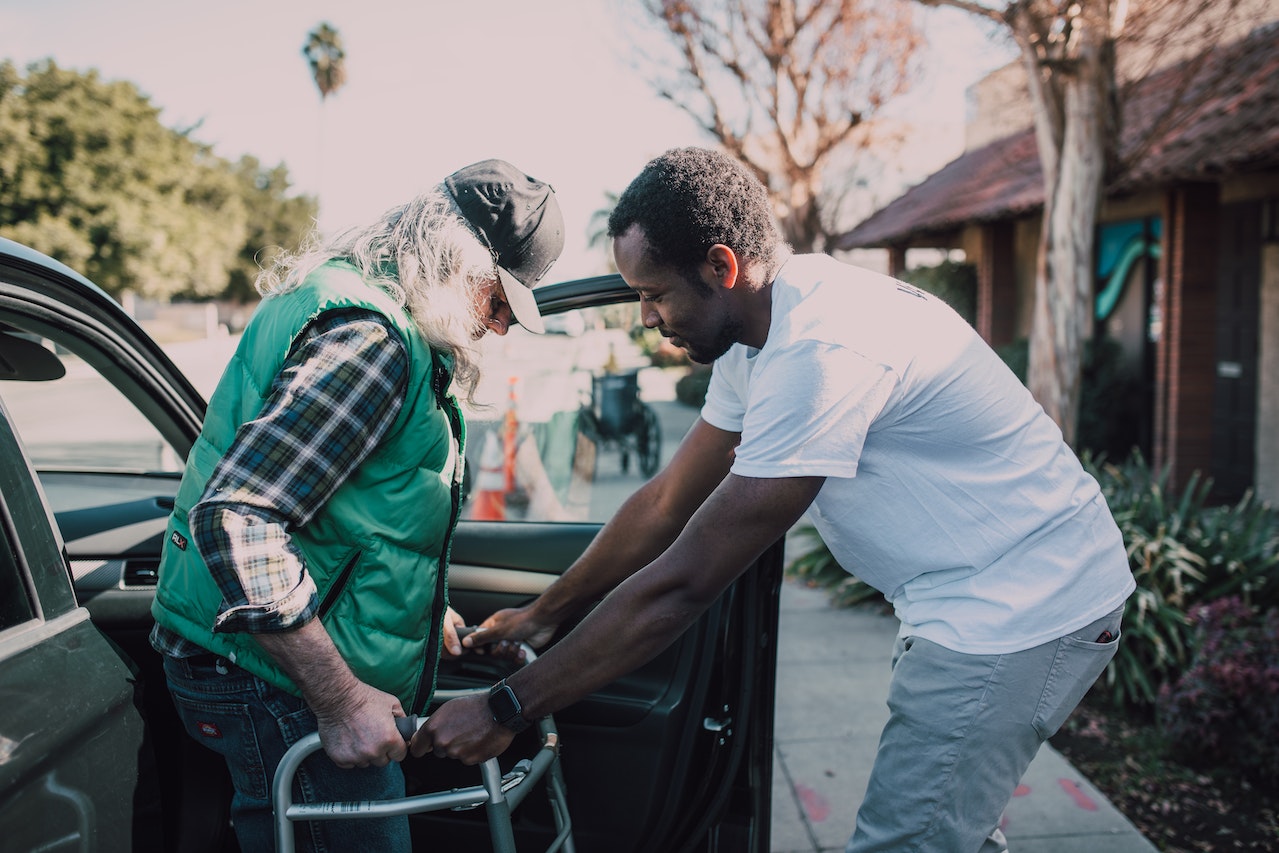
Hospice Volunteer Requirements
Hospice care has nestled its way into the heart of the American healthcare landscape, reaching more than 1.5 million patients in 2020 alone. These nurturing environments lean on the kindness and dedication of hospice volunteers, who play an indispensable role in enhancing the care experience for both patients and their dear ones. In fact, the CMS insists that trained volunteers chip in for at least 5% of hospice patient care hours.
As friendly companions, helping hands, and much-needed breaks for caregivers, these selfless people bring a touch of compassion and support to the journey of those facing life-limiting illnesses.
Embarking on the journey of a hospice volunteer calls for particular character traits, such as a deep sense of empathy, a delicate touch, ample patience, and effective communication skills. Volunteers also undertake thorough training and orientation, diving into topics like:
- Hospice principles and offerings;
- Honing communication abilities;
- Fostering cultural awareness;
- Identifying and meeting patients’ needs;
- Maintaining privacy and discretion;
- Looking after their own well-being.
Ongoing assistance and direction are vital for volunteers, arming them with the necessary resources and insights to compassionately tend to patients and their families. By meeting these demands, hospice workers can leave a lasting impact on the healthcare system, enhancing the lives of those grappling with life-limiting conditions and offering solace to their loved ones.
Requirements for Becoming a Hospice Volunteer
Age and Background Requirements
Hospice volunteering takes into account age and background stipulations. A majority of hospice groups call for people to be a minimum of 18 years old, although some facilities may welcome younger helping hands if their parents give the green light.
While keeping these trends in mind, hospice organizations are progressively appreciating the value of a diverse volunteer pool. They’re on the hunt for people from different walks of life who can bring a fresh outlook and cultural comprehension to patients and their loved ones. With a versatile team of helpers, hospice organizations can more effectively resonate with and address the varied needs and life stories of the individuals they care for.
Personal Qualities
A handful of personal attributes are essential for those aspiring to be hospice volunteers. Empathy tops the list, calling for an understanding and connection with the emotions of others. Sensitivity is also key, as volunteers frequently engage with patients and families amid challenging and emotional moments. Furthermore, patience is a must-have trait, since hospice workers may find themselves spending prolonged periods offering solace and friendship to patients.
One more indispensable quality for hospice volunteers is solid communication skills. They need to be adept at conveying information to:
- Patients;
- Families;
- Healthcare experts.
This ability is especially crucial as volunteers frequently face demanding circumstances, calling for emotional control and steadfastness in the midst of hardship.
Training and Orientation
Volunteers also acquire the skills to identify and tend to patients’ physical, emotional, and spiritual requirements. They learn the art of offering solace and camaraderie while detecting signs of unease or distress and relaying this information to the hospice crew. Training underscores the significance of honoring patients’ privacy and discretion, with lessons on HIPAA rules and preserving the dignity of those in their care.
Another essential component of hospice volunteer preparation is learning self-care and coping mechanisms. Hospice work can tug at the heartstrings, and helpers must discover ways to handle their emotions while navigating grief and loss. This education equips people with techniques and approaches to keep themselves emotionally balanced and resilient.
Ongoing Support and Supervision
Hospice establishments understand the importance of delivering continuous backing and oversight for their volunteers. This assistance can manifest in various ways, like:
- Routine gatherings;
- Debriefings;
- Access to resources focused on self-care and skill enhancement.
They can also turn to staff members who stand ready to offer guidance and encouragement when the need arises. Helpers who consistently experience support and oversight tend to feel cherished and acknowledged, sparking a greater sense of fulfillment in their work. Furthermore, volunteers who feel backed up are more inclined to stay dedicated to their responsibilities and maintain their ties with the hospice organization.
Conclusion
Hospice care counts on the priceless input of skilled volunteers who bring comfort, relief, and tenderhearted care to patients grappling with life-limiting conditions and their loved ones. These people need to embody particular personal traits, such as:
- Empathy;
- Sensitivity;
- Patience;
- Effective communication skills.
They also complete extensive training and orientation initiatives. Steady support and oversight are vital, making certain helpers equipped with the necessary tools and direction to deliver top-notch care.
Hospice institutions value the significance of variety in their volunteer teams and proactively pursue people from diverse origins to bring fresh outlooks and cultural insight. By meeting the criteria to become a hospice volunteer, individuals can create a positive impact on their communities, enhance the lives of patients and their loved ones, and discover personal contentment through the gratification of assisting others in difficult moments.